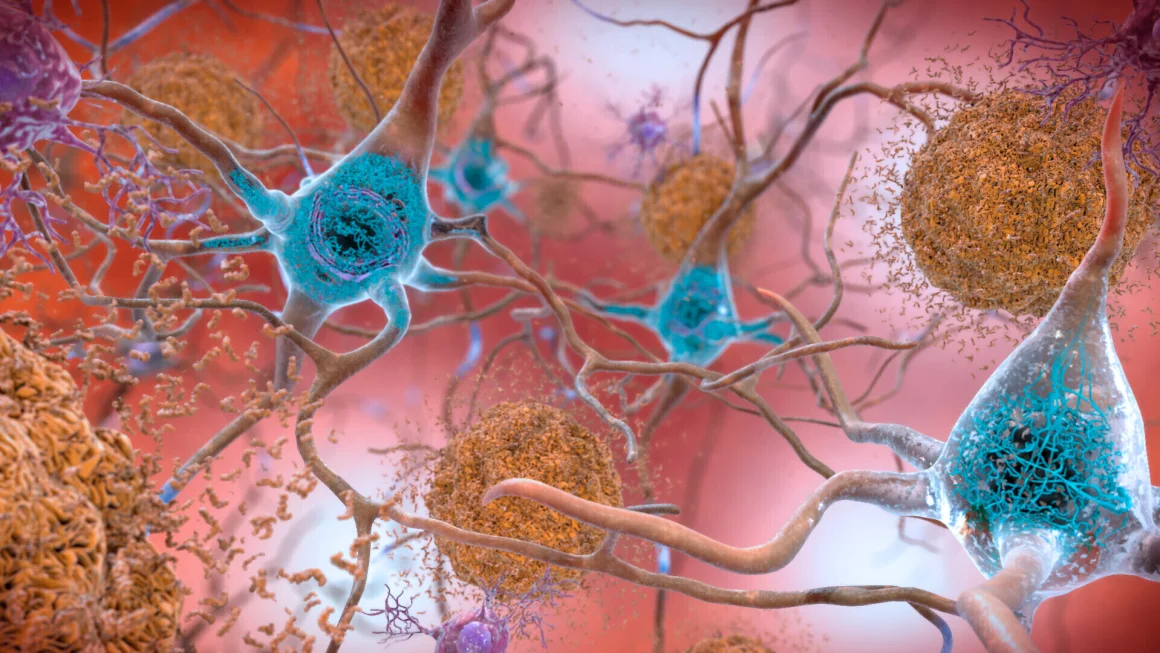
For many adults, getting their driver’s license marked a significant milestone—a symbol of newfound independence that they eagerly embraced as soon as they could.
However, today’s teens are taking a different approach, with many postponing this rite of passage, according to recent data.
A 2020 study led by Dr. Federico Vaca, a professor at the University of California Irvine School of Medicine, found that nearly 40% of teens delayed obtaining their driver’s license by one to two years, and 30% delayed by more than two years. This trend has persisted over the last two decades; between 2006 and 2015, the percentage of high school seniors with a driver’s license dropped from 81% to 72%, as shown in a 2017 study.
While it may seem perplexing to those who remember how exciting it was to get a license, the delays make sense in light of economic and mental health factors, according to Vaca. Still, experts warn that delaying this milestone could affect teens’ safety and their development of independence.
Here’s what parents should be aware of.
Reasons Why Teens Are Holding Off
Several factors contribute to why teens today are reluctant to start driving, many of which are practical.
In the past, teens in cities with public transit like New York City and Washington, D.C., had limited options for getting around. However, with the rise of rideshare services, many teens now find it easier to get where they need to go without owning a car, explains psychologist Dr. Lisa Damour, author of The Emotional Lives of Teenagers: Raising Connected, Capable, and Compassionate Adolescents.
Additionally, the pressure of school and extracurricular activities is a significant factor. A recent Pew survey revealed that most teens feel immense pressure to perform academically, which is one of their primary sources of stress. Damour points out that today’s teens often juggle much more than previous generations did during high school.
Social media has also shifted the way teens interact. With more teens spending time online, many don’t feel the need to leave home to socialize, further reducing the desire to drive.
Economic concerns are another contributing factor. Parents may be too busy with work to provide driving lessons, and the cost of owning a car, including insurance and maintenance, can deter teens from pursuing a license.
Mental Health Issues at Play
Today’s teens face significant mental health challenges. A 2023 Youth Risk Behavior Survey revealed that 40% of students reported persistent feelings of sadness and hopelessness.
Mental health struggles, particularly anxiety and depression, can directly impact a teen’s decision to delay getting their license, says Dr. Rhonda Boyd, a psychologist at the Children’s Hospital of Philadelphia.
Teens with depression may experience low energy, social withdrawal, and difficulty concentrating, making it harder to complete tasks like obtaining a driver’s license. For teens with anxiety, the idea of taking on more responsibility and independence, like driving, can be overwhelming, leading them to avoid it altogether.
The Impact on Independence and Safety
While it may seem like a relief when your teen isn’t eager to start driving, experts caution that delaying this milestone can have consequences. Being able to drive provides teens with the chance to practice key life skills, such as securing a summer job, attending extracurricular activities, and managing personal appointments—important aspects of adult life.
By waiting longer to drive, teens may miss out on valuable experiences that help build independence, says Boyd. Additionally, there are safety concerns tied to postponing driving, particularly when teens wait until adulthood to get behind the wheel. In the U.S., the graduated driver’s license system allows teens to gradually gain experience behind the wheel, starting with a permit and progressing to a full license, with restrictions that help reduce risk.
However, Vaca notes that this gradual approach is not available to adults, who often skip the preparatory stages of learning to drive, making it a more dangerous transition.
It’s important to remember that teens’ cognitive development plays a role in their readiness to drive. Executive functions like decision-making, memory, and impulse control improve with age, and it’s normal for these to mature over time.
Should Parents Insist on a License?
So, should you push your teen to get a license if they’re reluctant? Damour suggests that forcing the issue often doesn’t yield positive results. She advises considering whose needs are being addressed—if the goal is to stop driving your teen around, you have every right to encourage them to get their license. However, if your teen prefers using rideshare services, they should bear the costs.
Ideally, conversations about driving should start early so that your teen is prepared when the time comes, Vaca says. Parents should monitor their teen’s emotional maturity and readiness to take on the responsibility of driving.
If a teen is delaying their license due to mental health challenges, it’s crucial to seek professional support and address any underlying issues, Boyd recommends.










